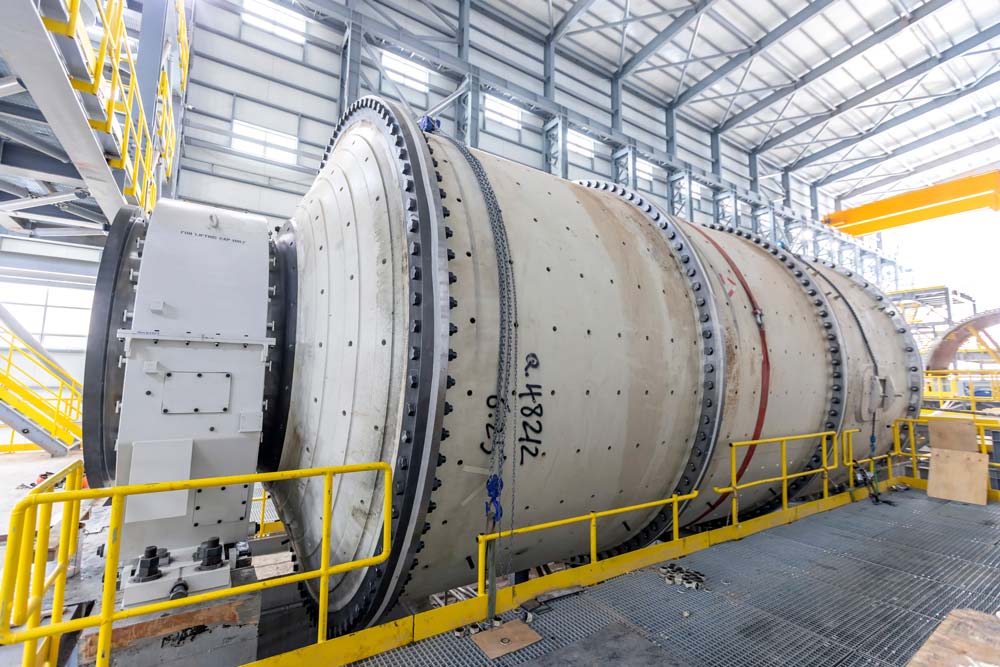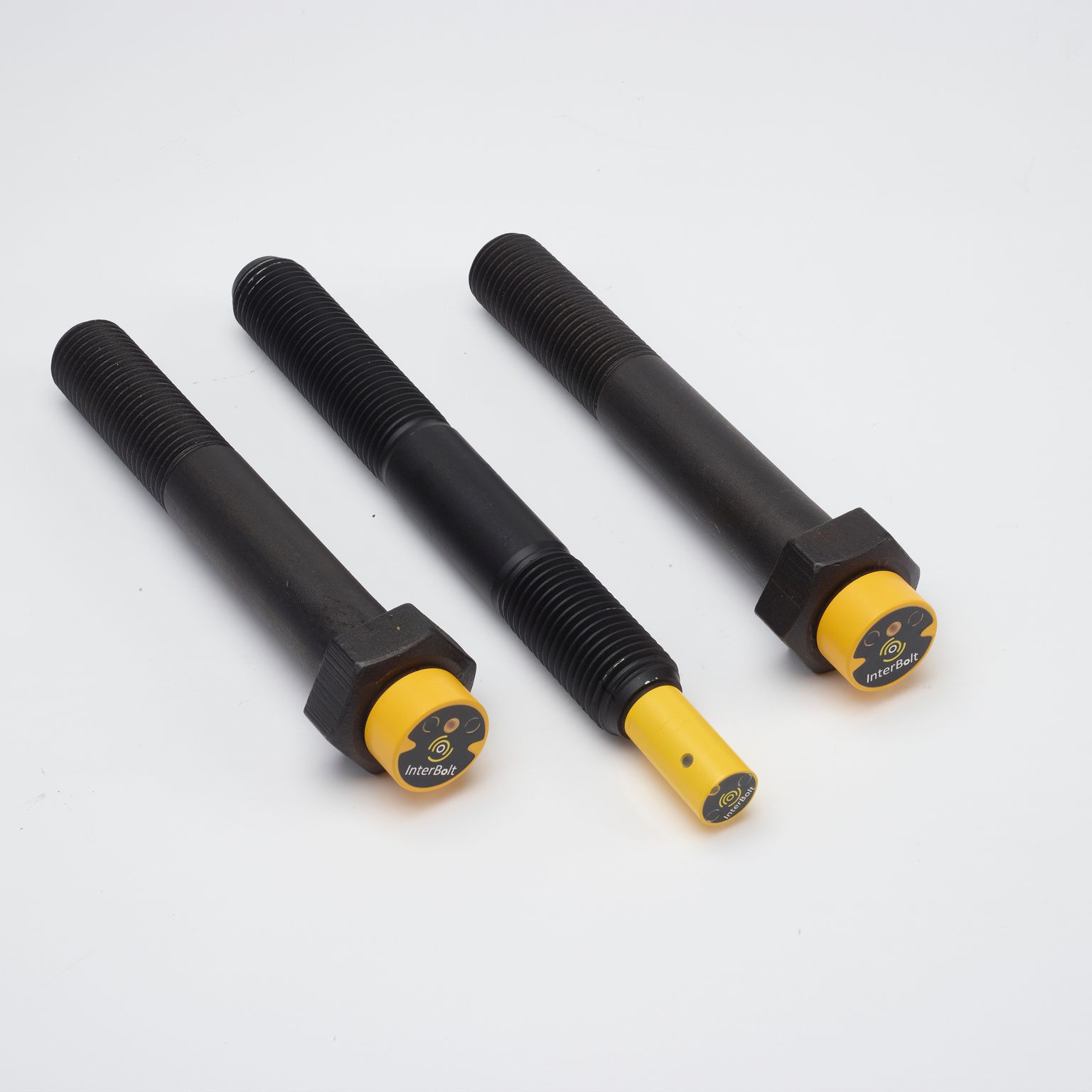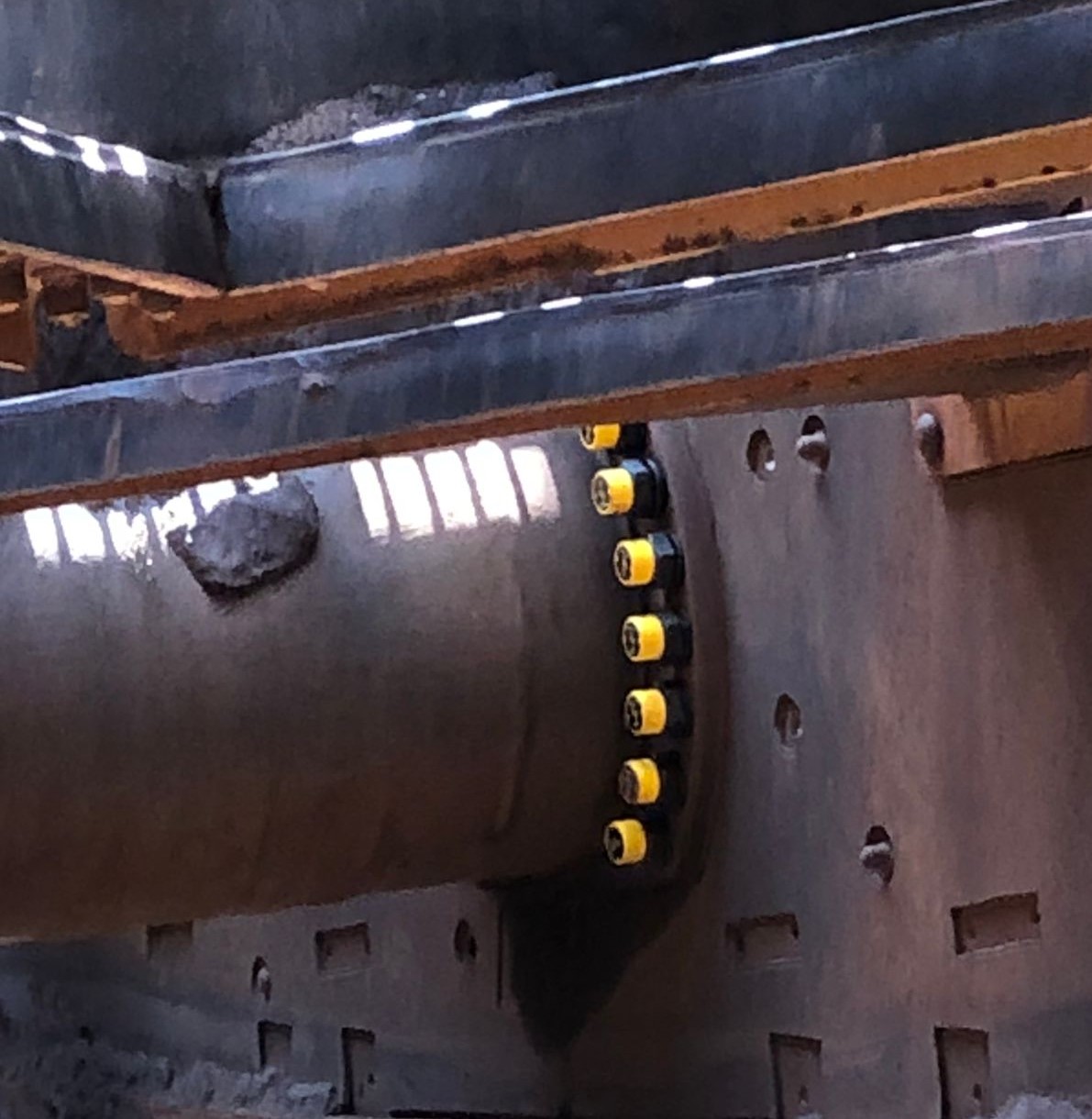Challenge
With the global demand for minerals growing, it is more important than ever for mining equipment to operate reliably and have minimal asset downtime. Bolted connections in the mining industry are subjected to harsh operating conditions including impact and vibration. On top of this, the operating environments mean that controlling friction is extremely challenging so it is difficult to accurately tighten bolts using torque-based approaches.
There are a huge range of challenging applications in the Mining industry, including:

Solution
With InterBolt technology, technicians can accurately and repeatably tighten critical bolted connections to their designed preload even in dusty environments where it is difficult to control friction. By tightening to their target bolt load, they are more resilient to in-service failure, thereby increasing their operational life.
Post installation, the bolt load can be remotely monitored whilst the asset is in service. This means the asset doesn’t have to be periodically taken out of service to conduct bolt inspections which significantly reduces the asset downtime and lost production costs.
With the InterBolt Cloud alert functionality, the Operations Team are notified when a bolt load is outside its target load range. With this, preventative maintenance can be conducted at a suitable time, minimising the probability of in-service asset breakdown.


Value
Through deploying InterBolt technology, Operators can:
-
Improve asset reliability.
With the onsite monitoring functionality, bolts can be accurately tightened even when torque-based installation practices are used, thereby increasing the operational life of the connection.
-
Minimise asset downtime.
With InterBolt, the bolts are being continuously monitored when the asset is operational. The asset doesn’t need to be shutdown for inspection of the bolts, thereby minimising lost production time.
Case study
InterBolt technology has been deployed on a sieve in the Mining industry to predict and prevent bolt failure.
For this application, the technicians were able to validate the bolt load at installation using the embedded LEDs and through connectivity with the InterBolt Tablet. This ensured that bolts were accurately tightened to the designed preload even when they were using torque-based tightening techniques is this traditional dusty and oily environment.
After installation, the Operations team were able to replace their periodic inspection regime with a condition-based approach, significantly reducing the probability of a service affecting failure and asset downtime.


